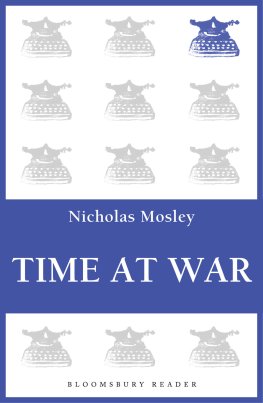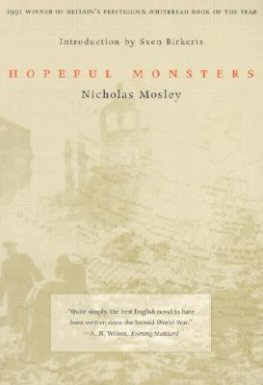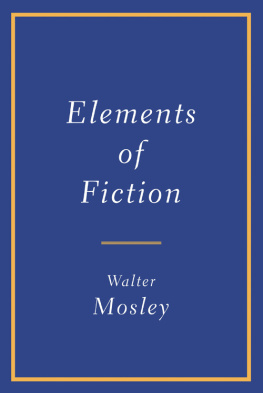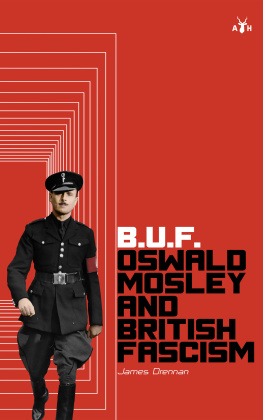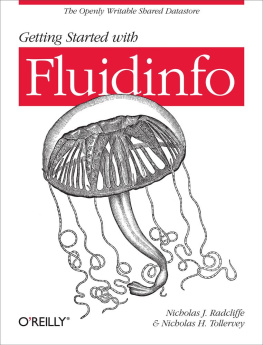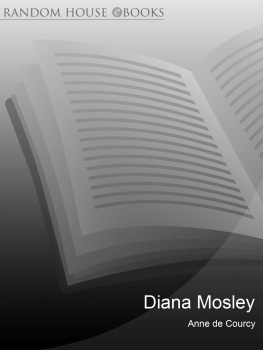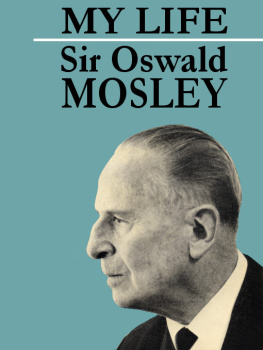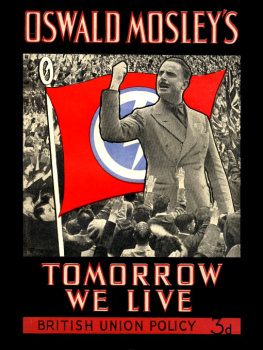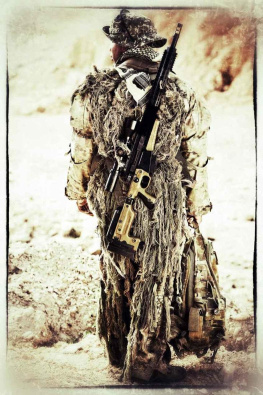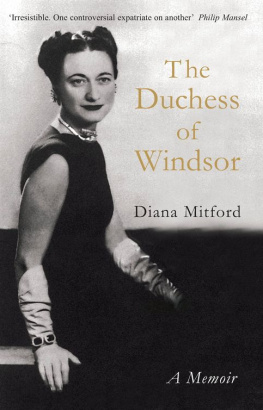Nicholas Mosley
Time at War
When I got home from the Second World War in the autumn of 1945 I knew I wanted to be a writer but I did not know how to write about war. The books about the First World War that I had admired had been about endurance amid the horror and senselessness of war. This could be written about unequivocally. But I had come to realise that the war I had been engaged in was not senseless: it had to be fought, though the horror and impression of futility were there. So in what style could one write about something that was both necessary and futile?
In the 1980s I wrote briefly about my participation in war in my books about my father, Oswald Mosley, who spent most of the war as a security risk in jail. But these accounts were in relation to the peculiar situation of my father. It is only recently in my old age that I have felt at ease in writing fully about my experiences of war.
War is both senseless and necessary, squalid and fulfilling, terrifying and sometimes jolly. This is like life. Humans are at home in war (though they seldom admit this). They feel they know what they have to do.
It is in peace that humans for the most part feel lost: they have to find out what it is they have to do. For reassurance they find themselves dragged back to conflict and to stories of conflict. But this should be shown as unnecessary by a true story of war.
The Second World War got under way on 3 September 1939 when I was sixteen and staying at my fathers house in Derbyshire. I heard the Prime Minister, Mr Chamberlain, announce the declaration of war; then I went out and kicked a football about on the lawn in front of the house. My old Nanny, who was at that time looking after my young brother Michael, leaned out of a window and asked if I had heard the news, and was I not concerned? I said that I did not think the declaration of war meant very much: there was something called the Maginot Line in eastern France that the Germans could not get through, and something called the Siegfried Line in western Germany that the British and French could not get through; so the politicians would just play their war games for a while, and then the whole thing would fizzle out. Surely the politicians were not mad enough for anything else to happen? My old Nanny did not seem to be impressed, and withdrew.
For most of that autumn and winter my forecast appeared to be coming true. Nothing much was happening between Germany and France. Then in May 1940 the German army went round the northern end of the Maginot Line through Belgium and Holland: apparently no one confronting the issue had paid attention to the fact that the Maginot Line did not stretch along the frontier with Belgium. I had not taken into account the possibility that politicians and generals could indeed be so mad.
In June 1940 my father, Oswald Mosley, at that time the leader of the British Union of Fascists, was arrested as a security risk and taken to Brixton Prison to be held without charge for an indefinite period under the hurriedly cobbled-up Regulation 18B(1a), which gave the Home Secretary power to detain any member of an organisation whose leaders have or have had associations with persons concerned in the government, or sympathetic with the system of government, of any power with which His Majesty is at war. My father had been touring the country making speeches saying that the war was a grievous mistake and should be stopped: if we left Hitler alone he would attack Russia and leave us alone, which was what he had been saying he wanted to do. At this time I thought that my father was a politician less lunatic than most.
On the night of his arrest my housemaster came into my room at school (at Eton boys had rooms on their own) and told me that he had been telephoned by my stepmother who had asked him to break the news to me of my fathers arrest. I thanked him; but he hung about as if there was something more to be said. I could not think what this might be. Then he murmured something like Did I think there was anything to it? I realised he was asking me if I thought my father might be considered a traitor. I said Oh no, he just thinks this war is a mistake. My housemaster seemed dubious, but left it at that.
I realised that things might be difficult, however, when I went out to attend an early morning class: a frequent anxiety had been what there might be about my father in the papers. But one of the virtues of Eton is, or was, that many boys come from families used to the ways of maverick politicians some of whom indeed in the past might have spent time in jail on matters of principle. So in the morning there were glances, but not much was said.
It did not strike me that I myself should do anything other than volunteer to join the army before I would be due to be called up on my nineteenth birthday in June 1942. I saw what my father meant about the war being a mistake, but this did not seem to be relevant to me. Most Etonians who had not got family connections with the other services or with cavalry regiments opted to go into one of the Guards regiments; or if they wished to be slightly less conventional, into the Rifle Brigade or the Kings Royal Rifle Corps. Myself and my contemporary friends planned to apply to join the Rifle Brigade, in the hope of becoming officers.
There were two grave impediments to my being accepted as a potential officer. The first was my father, who was still in jail, although now in Holloway with my stepmother (after more than a year as ordinary prisoners they had been allowed to share a double cell here at the insistence of Winston Churchill, who had once been a friend of both). But hostility against them in the country was still strong. The second snag was that from the age of about seven I had a bad stammer. Of course some kind of war work would be available to me but an infantry officer? Lives might depend on the ability of an officer to give rapid orders.
The difficulty about my father was somewhat balanced by the influence of my formidable aunt, Irene Ravensdale, my dead mothers older sister, and a Baroness in her own right. She was acquainted with the Colonel-in-Chief of the Rifle Brigade: these were the days of the old-boy net, when people supposedly of influence could be expected to know one another. So my aunt had a word with the Colonel and explained I have no idea what she explained, but by the time a Rifle Brigade recruiting team came down to Eton to hold interviews with potential officers, I was told that I would be accepted as a trainee, although this did not guarantee that I would graduate.
So in April 1942 I travelled with a group of mostly other ex-public schoolboys to the Rifle Brigade depot at Winchester, where for three months we were to be treated no differently from the rest of the newly recruited other ranks. I wrote to my sister of our arrival at Winchester Station
At once of course we split up into our school cliques Etonians rather aloof and bored and hands in pockets: the rest alternating between Rugby raucousity and grammar-school timidity. We walked crocodile-wise, Etonians at least 100 yards in the rear, until we arrived at a place which reminded me of Brixton We were herded to our quarters which were like the basement of a morgue, with rows of beds constructed of steel bars, many vertical, and a few bent horizontal and arranged neatly so that the bars coincided with ones hips and the gaps with ones head and waist.
My sister, two years older than me, was at this time doing war work in London, making bits and pieces for armaments.
It was the style of Etonians to be flippant or condescending about things that might be unpleasant; thus one had managed to get through much of school life. It did not seem that the army would be very different.

